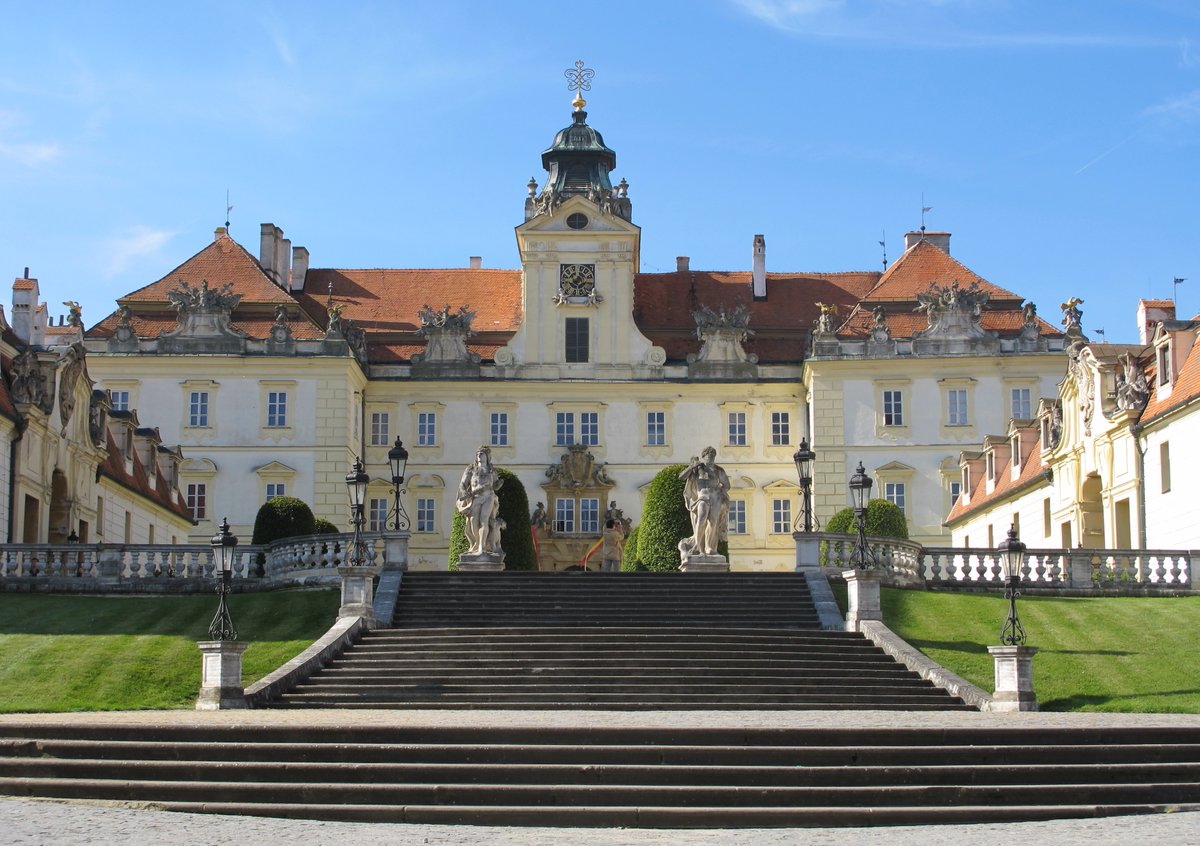
Next is a German courtier whose desire to be part of the German Parliament led to the creation of a present day country, one that is among the top in the world in per capita income.
https://twitter.com/Arby_K/status/1317139179474612225
Karl von Liechtenstein came from a long line of Austrian nobles that traces their origins to the time when Babenbergs ruled Austria. When they died out, they initially backed the Bohemian king who was closely related to the Babenbergs, who granted them Nikolsburg in Bohemia. 1/10 

But by 1278 they backed the winning side, the Habsburgs, who ruled Austria till 1918. Over time they gained Feldsberg, also in Bohemia, which served as the base for the House of Liechtenstein till the 20th century. 2/10 

Karl and his brothers, Maximilian and Gundakar, who were born in a Lutheran family, would convert to Catholicism and back Archduke Matthias in his power struggle with his brother Emperor Rudolf. When Matthias became Emperor, he would reward Karl by elevating him to a prince. 3/10 

Subsequently, the Emperor would allot the Duchies of Opava and Krnov to the Liechtenstein heirloom as well. But since the duchies were in Bohemia, Prince Karl would not gain a seat in the Imperial Diet of the Holy Roman Empire. 4/10 

Though The Imperial Diet was not a legislative body, only rulers with territory in the Holy Roman Empire and with no overlord were allowed. Though Prince Karl owned a lot of property, he had no rule over property within the Empire. 5/10 

This minor issue was solved by his grandson, Johann Adam von Liechtenstein, who bought the Lordship of Schellenberg in 1699 and the County of Vaduz in 1712, both from the Hohenems. 6/10 



In 1719, the two properties would be reorganized into one single sovereign entity - the Principality of Leichtenstein, within the Holy Roman Empire. 7/10 

Liechtenstein would manage to retain its sovereignty during the breakup of the Holy Roman Empire and the passage of the German Confederation. Ironically, it was only in 1818, that a member of the Liechtenstein house would finally set foot in the nation that bore their name. 8/10 

Liechtenstein would stay out of the new Germany formed in 1871, without Austria. With the collapse of Habsburg Austria in the Great War, Liechtenstein gradually developed closer ties with neighbouring Switzerland, mirroring its skillsets in the services sector. 9/10 

The line of Karl von Liechtenstein would die out with the aforementioned Johannes Adam. It is the descendants of his younger brother Gundakar von Liechtenstein that currently rule Liechtenstein. 10/10 

• • •
Missing some Tweet in this thread? You can try to
force a refresh














